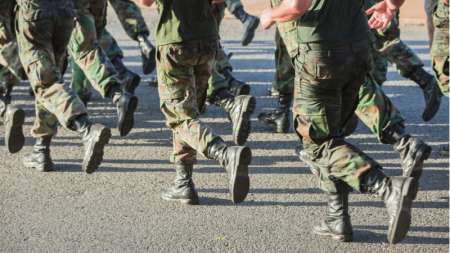Even anonymity doesn’t guarantee privacy. Not even in a crowd of millions. That’s the finding of a new study by Massachusetts Institute of Technology (MIT) researchers who found that anonymized mobility data can still result in privacy risks when that data is combined with data from other sources. Data–lots of it–is widely seen as the key to better planning for cities, transportation lines, and any kind of mobility services. But collecting all that data has an unintended privacy risk, even when taking pains to protect people’s identities. […]
The Pentagon is moving to protect its personnel from unintentionally advertising when they’re in an operational, and possibly secret, location. The new policy is a response to the revelation in January that a global heat map posted by fitness tracking company Strava could be used to identify the locations and activities of military personnel, even down to individuals, at military outposts around the world or in high-security areas such as the National Security Agency. […]
The Pentagon and White House are chewing over what to do about fitness tracking apps, in wake of the news last week that a global heat map posted online by Strava could be used to identify the whereabouts and activities of military personnel, including those in conflict zones and other sensitive areas such as the halls of the National Security Agency. A heat map transforms data into a map in which values are represented by colors, which in this case includes the location of fitness trackers carried by government employees. […]



